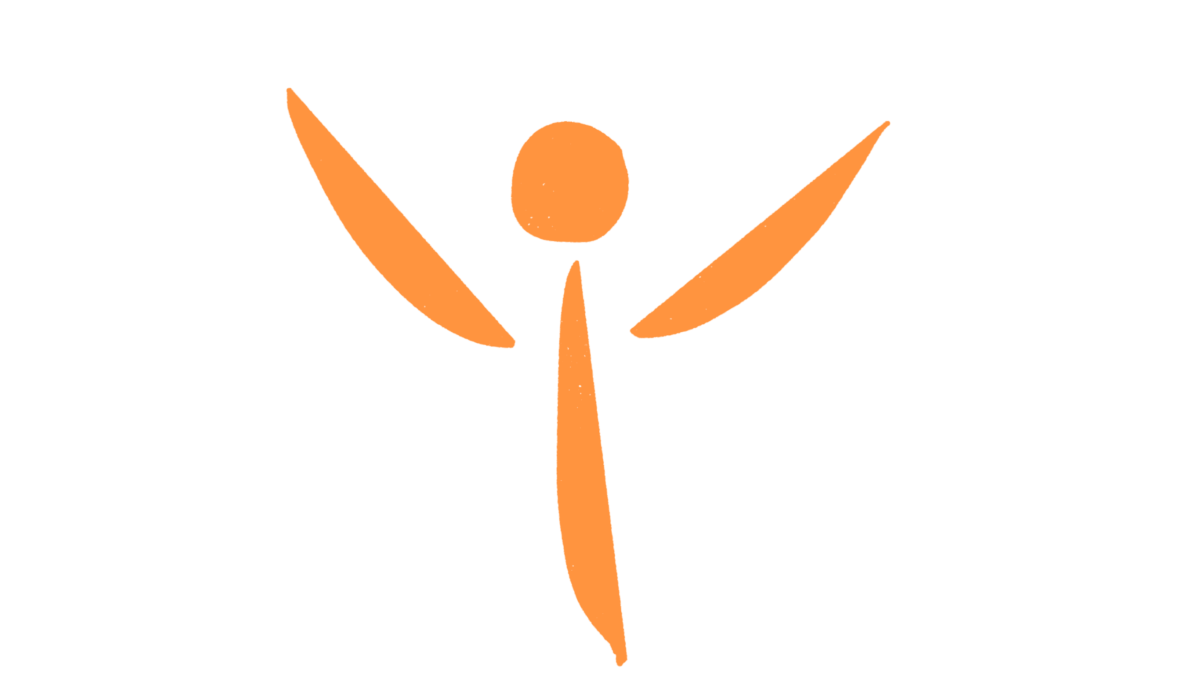
What is this all about?
“The quest for certainty blocks the search for meaning. Uncertainty is the very condition that impels us to unfold our powers.” Erich Fromm
In my thinking about certainty and the brain, it has become clear to me, that :-
- We are born – we are uncertain
- We learn – we become certain
- We learn – we become uncertain again
In other words as we learn, we become certain, about what we learn, for example, Santa Claus 🙂 ….and then no Santa Claus 🙁 then as parents 🙂
The brain uses what it learns to predict, to be ‘certain’ about what will happen in reality and then how to deal with that. See diagram below

As the diagram says, prediction is a primary function of the brain, using the experience it has built up, the Beliefs / Lenses it has laid down, about how to deal with reality.
Because our brain really does like to be certain and does not like being uncertain, it can become quite stubborn, in clinging on to its beliefs , as you may recognise,when you are holding on to your Point of View as if your very life depended on you being right 🙂
You may notice, that there are many of us who are certain about many things, triggering this quote, “Beware the man who is certain, he is the cause of all the problems in the world!”
If we reach (not all of us do), the second ‘age of uncertainty’ on the Arc, then we are ‘OK’ at that time, with being uncertain, exploring, learning and realising most of our ‘learned certainty’ before, was an illusion 🙂
Reality will do what it does, (it is what it is). You may believe you can control it (the illusion). You cannot.
The next time you react emotionally, see if you can notice who or what, you are trying to control? (Because you were ‘certain’ reality would do as you had predicted / believed it would and there was a mismatch)
As human beings, one of the main ways we stress, is by setting an expectation (prediction) that then, is not met 🙂
The level to which we stress, is directly proportional to the attachment we have to the outcome being the way we predicted 🙂
If you detect “should, must, have to, ought to,” in a sentence somewhere, then there will be levels of stress, when reality does what it does and outcomes do not match the expectations / predictions, made by your brain
- Where are you on the Arc?
- How certain are you of that answer?
- What are you currently trying to control in reality, that is stressing you?
- What would it mean, for you, if your beliefs were just that, beliefs?
- What changed (needs to change) in you, for you to be ok with reality being uncertain?






 Figure 2
Figure 2 


